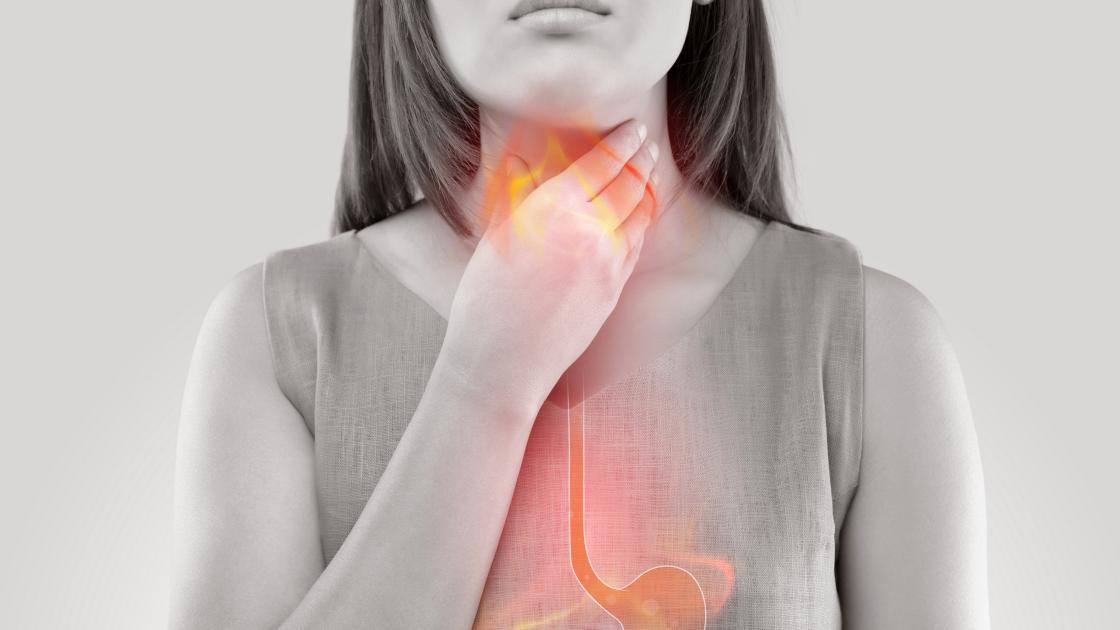
Living with a peanut allergy
A peanut allergy is one of the most common types of food allergies. At SIU Medicine, our researchers and clinicians provide a wide range of services for anyone living with a peanut allergy. While this condition can be serious, it is possible for someone with a peanut allergy to live a full, active and healthy lifestyle, especially if they know how to read food labels, recognize symptoms and what to do if they’re exposed.
What is a peanut allergy?
A peanut is a legume and grows under the ground, unlike tree nuts such as almonds, walnuts, and cashews. Interestingly, having a peanut allergy could make you as much as 40 percent more likely to be allergic to tree nuts, too. So getting screened from an allergist or immunologist is essential.
A peanut allergy happens when a person’s immune system reacts abnormally and excessively to an otherwise non-harmful substance. This can trigger a variety of inflammation, immune changes as your body tries to “fight off” the allergenic substance.
Peanut allergies are estimated to affect about 2.5 percent of American children, but only about 20 percent of those affected will “grow out” of their allergy as they age. This means that adults can be allergic to peanuts, too.
For people with a severe enough peanut allergy, consuming a product made in a facility that processes peanuts, touching peanuts, or being in the same room as someone who is eating peanuts can trigger an allergic reaction.
Signs and symptoms of a peanut allergy
Most people with a peanut allergy will learn to notice important signs and symptoms that tell them they have either consumed, touched, or were in close contact with peanuts (or other foods containing peanuts). These symptoms may include:
- Hives, redness or swelling
- Itching or tingling in the mouth and throat
- Runny nose
- Digestive upset like diarrhea, abdominal cramps, nausea or vomiting
- Constriction of the throat
- Wheezing or shortness of breath
If a peanut allergy is severe enough, a person may develop life-threatening symptoms if he or she comes in contact with peanuts. This kind of severe and potentially fatal allergic reaction is called anaphylaxis and is considered a medical emergency. Anaphylaxis may be combined with any of the above signs and symptoms as well as:
- Severe airway constriction and swelling of the throat
- Severe difficulty breathing
- Dangerously low blood pressure (shock)
- Rapid heartbeat
- Dizziness, lightheadedness or loss of consciousness and collapse
The most important thing you can do to protect yourself or your loved one living with a peanut allergy is to be sure you carry an epinephrine auto-injector (e.g., EpiPen®, Auvi-Q™ or Adrenaclick®) at all times. The medication administered through this device is the first emergency step in treating anaphylaxis.
Packing a peanut-free lunch: tips on what NOT to put in your kid’s lunch bag
Because an allergic reaction to peanuts can be so severe (even with very minimal exposure), many public and private schools prohibit parents and guardians from sending students to school with any food containing peanuts. In some cases, your child's school may even prohibit foods packaged in facilities that process peanuts, due to the risk of cross-contamination. This policy is usually in place if there is a child enrolled in the school known to have a severe peanut allergy.
The following types of foods or ingredients indicate that a peanut protein is or may be present, and therefore may not be allowed in your child’s lunch at a “peanut-free” school:
- Peanut oil
- Peanut, plant or vegetable protein
- Mixed nuts
- Peanuts, peanut butter, peanut sauce and peanut butter chips
- Artificial flavoring
- Baked goods
- Fried food
- Candy, especially those containing nougat or chocolate
- Ethnic foods, including African, Asian, Chinese, Indian, Indonesian, Thai, Vietnamese, Mexican
- Marzipan
If your child's school has a “no peanut policy,” be sure to understand it thoroughly and learn how to read food packaging labels. By adhering to this policy, you could be saving a child’s life.




